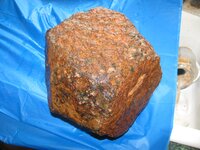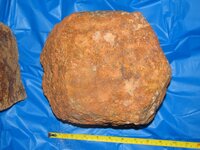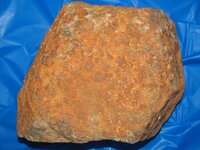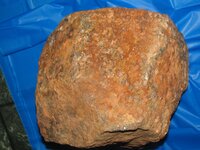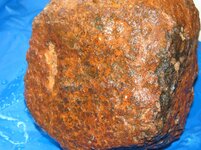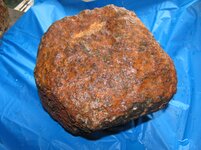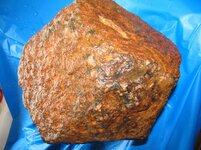geotaughtme
Jr. Member
- Dec 11, 2016
- 87
- 44
- Primary Interest:
- All Treasure Hunting
I found this monster in a kimberlite patch I was picking ( found by the plant I cant pronounce) Its smaller than a basketball (way smaller) and is over 40 pounds. I haven
t done density yet, just hosed with soapy water.
t done density yet, just hosed with soapy water.
Attachments
Upvote
8


